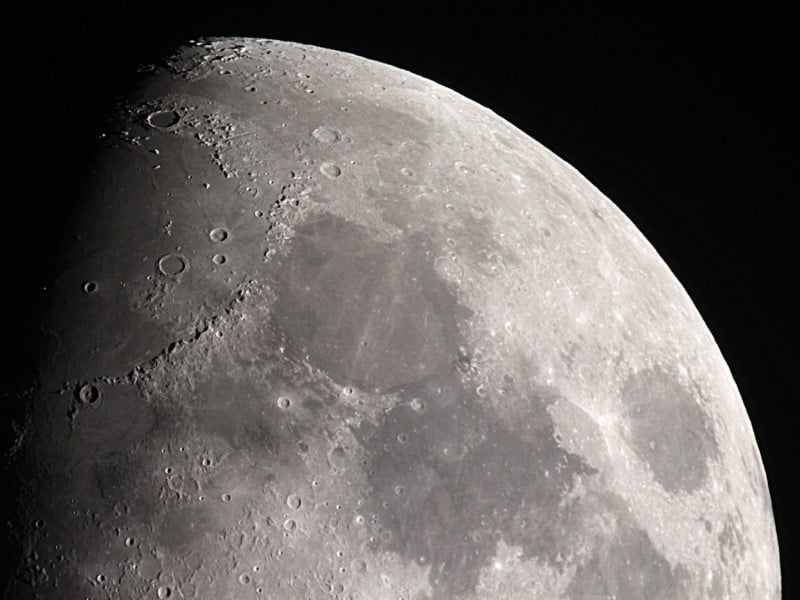More than $9 million in funding has been awarded to 12 Australian space firms as part of the latest rounds of the federal government’s Moon to Mars Supply Chain Capability Improvement Grants program.
Industry and Science minister Ed Husic announced the successful recipients for three program intakes on Friday, bringing total funding distributed through the scheme to around $22 million since 2020.
Companies to receive funding include local space propulsion companies Neumann Space, NextAero and Valiant Space, as well as aerospace composites manufacturer, Quickstep, and Gilmour Space Technologies.

The grants program, part of the broader $150 million Moon to Mars initiative, seeks to grow Australia’s sovereign space industry, ensuring they are in a position to support the United States-led public-private Moon to Mars exploration program, including NASA’s Artemis mission.
“These projects show the exceptional research and innovation that is happening in Australia’s space sector and how our companies can contribute on the global stage,” Mr Husic said in a statement on Friday.
Of the 12 projects awarded funding, three have received the maximum available under the program, with Neumann Space, NextAero, and Quickstep all receiving $1 million. Valiant Space, a startup founded by three students during their studies at the University of Queensland, picked up two grants worth $1.78 million.
Neumann Space will use its grant to develop a spacecraft electric propulsion manufacturing and test facility in South Australia that will be capable of supporting national and international space missions.
Melbourne-based NextAero will receive the same amount of funding to design and manufacture “cutting-edge cryogenic rocket propellants”, while NSW’s Quickstep will establish an advanced spacecraft composite structure manufacturing capability.
Several other projects received just shy of $1 million, including $985,000 for PWR Performance Products to develop and manufacture their Micro Matrix Heat Exchanger and $934,500 for Valiant Space to expand its line of propulsion systems.
Other funded projects include:
- Valiant Space: $841,875 to develop fluid control systems, growing the supply chain for domestic and international space missions
- Gilmour Space Technologies: $808,500 to co-develop an aerospace-grade Global Navigation Satellite System with the University of New South Wales
- High Earth Orbit Robotics: $742,164 to develop cameras that can be used to monitor space debris and other space objects from satellite in space
- Quantx Labs: $532,222 to establish a photonics manufacturing facility to support in-country manufacturing of quantum capable, previous timing and sensing systems
- Human Aerospace: $493,799 to spin in 3D body scanning technologies to support the development of space compression garments
- Arlula: $427,500 to develop new technologies to standardise satellite imagery between Earth Observation spacecraft
- Vyom Tech: $250,000 to improve the technology readiness level of its integrated spacesuit known as the Kosmosuit
On Wednesday, the federal government released the text of its Technology Safeguards Agreement with the United States, the legal and technical framework that paves the way for the US to conduct space launches in Australia.
The agreement will prevent the federal government from using revenue collected from US launches to fund the development of local rocket technology, leading to warnings that it has ceded sovereignty on industry development in the space sector.
Do you know more? Contact James Riley via Email.

